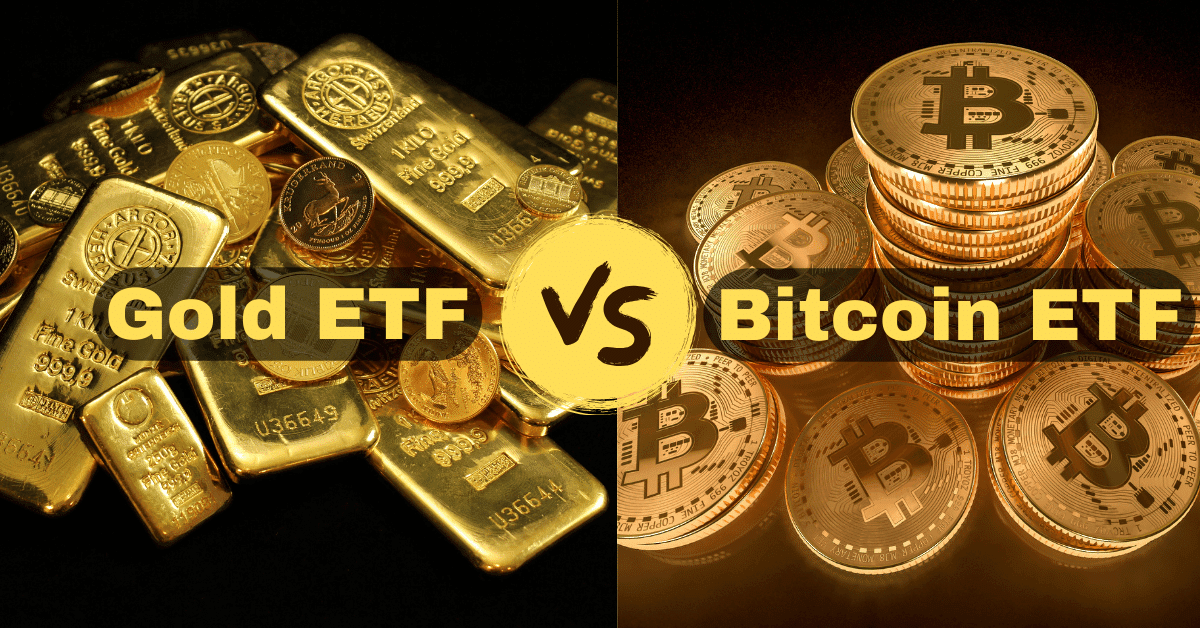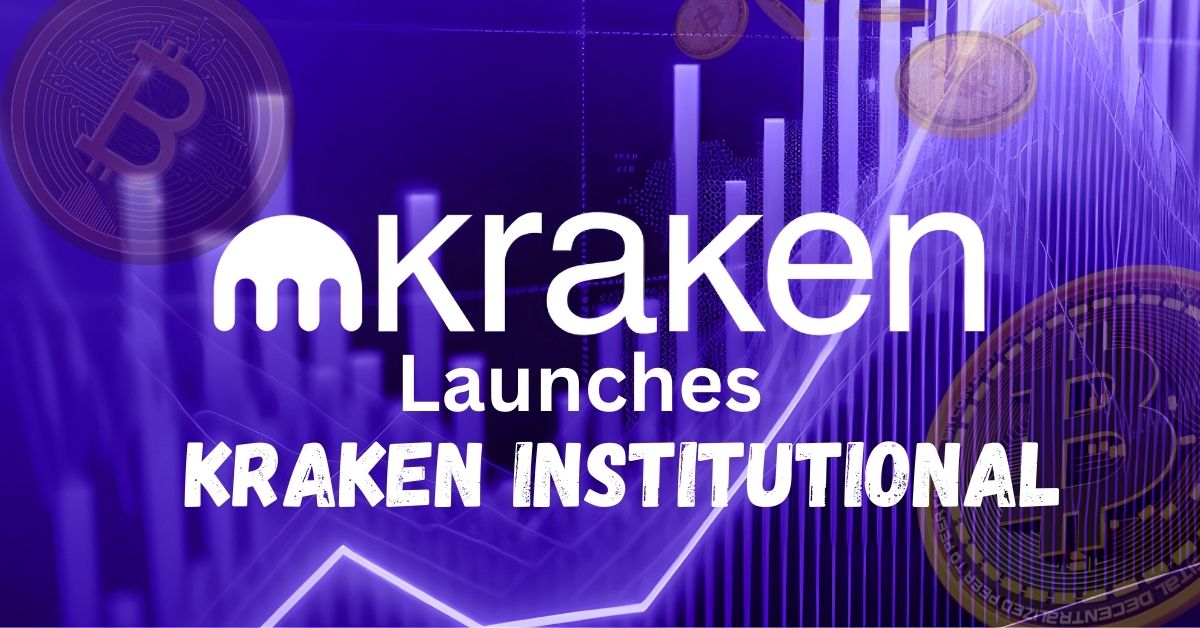Introduction
Gold ETFs and Bitcoin ETFs are two prominent players in the continuously shifting investment landscape, with distinct features that suit varying investor preferences. We will examine the key distinctions between Bitcoin ETFs and Gold ETFs in this blog post, providing details on their underlying assets, structures, and possible advantages.
Understanding Gold ETFs
Gold ETFs have long been regarded as a safe and dependable investment option. These funds expose investors to precious metals without requiring them to physically own and store gold. Gold ETFs are typically priced in line with the market price of gold, providing investors with an easy way to diversify their portfolios.
One of the primary benefits of gold ETFs is their historical status as a safe-haven asset. During times of economic uncertainty or market volatility, gold has often shown resilience, making Gold ETFs an appealing option for risk-averse investors. Furthermore, gold ETFs provide liquidity by allowing investors to buy and sell shares on the stock exchange, giving them more flexibility than physical gold ownership.
Exploring Bitcoin ETFs
On the other hand, Bitcoin ETFs are a relatively new and cutting-edge investment option. The decentralized digital currency known as Bitcoin has grown in popularity as a possible inflation hedge and store of value. With Bitcoin ETFs, investors can participate in the cryptocurrency market without having to deal with the hassles of holding and protecting digital assets.
One notable feature of Bitcoin ETFs is their connection to blockchain technology. Blockchain’s decentralized nature ensures transaction transparency and security, which are absent in traditional financial systems. Bitcoin’s limited supply and decentralized nature have contributed to its popularity as a speculative investment and potential store of value, attracting a different set of investors than gold.
Differences Between Gold ETFs and Bitcoin ETFs
- Underlying assets
- Gold ETFs are backed by physical gold, which is stored in secure vaults. The ETF’s value is correlated with the market price of gold.
- Bitcoin ETFs, on the other hand, derive their value from fluctuations in Bitcoin’s price on cryptocurrency markets. These ETFs do not imply physical ownership of the digital currency.
- Market maturity
- Gold ETFs have a longer history and are considered more established in the financial markets.
- Bitcoin ETFs, as a relatively new entrant, are associated with increased volatility and speculative interest.
- Regulatory environment
- Gold exchange-traded funds are subject to traditional financial regulations and oversight.
- Given the global evolution of cryptocurrency regulations, Bitcoin ETFs face a distinct set of regulatory challenges.
- Storage and security
- Gold ETFs require secure storage facilities for physical gold, which incurs associated costs.
- Bitcoin ETFs eliminate the need for physical storage, but the digital nature of the underlying asset raises security concerns.
- Use cases
- Gold has historically served as a store of value and is frequently used as a hedge against inflation and economic downturns.
- Bitcoin, while some consider it a store of value, is widely regarded as a speculative investment with the potential for significant price appreciation.
In Summary
The choice between Gold ETFs and Bitcoin ETFs is ultimately determined by an investor’s risk tolerance, investment objectives, and market outlook. Gold ETFs appeal to traditional investors due to their stability and proven track record, whereas Bitcoin ETFs cater to those looking for exposure to the emerging cryptocurrency market. As the financial landscape evolves, Gold ETFs and Bitcoin ETFs offer distinct opportunities for diversification and capital appreciation. Before deciding which ETF is best suited to their investment strategy, investors must carefully consider their objectives and risk tolerance.
Also Read: Bitcoin Price Rises Above $46,000 Thanks To Recent ETFs Inflow





